
Significant challenges include improving detection and response to inner ear side effects among cancer survivors following the use of certain drugs and therapies.

Significant challenges include improving detection and response to inner ear side effects among cancer survivors following the use of certain drugs and therapies.

From the death of “America’s Got Talent” contestant Jane “Nightbirdie” Marczewski to “Good Morning America” anchor Robin Roberts announcing her partners breast cancer diagnosis, here’s what’s happening in the cancer space this week.
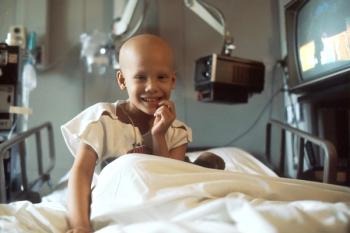
From long-term effects of pediatric cancer to a survivor fulfilling her dream of being an astronaut, CURE® looked back on its most-read childhood cancer stories of the year.
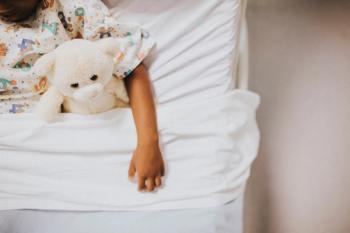
Patients with Down syndrome have an increased risk for leukemia during childhood, and toxicities related to treatment may be more common in this patient population.

Children with low skeletal muscle density were more likely to have hematologic toxicities from chemotherapy, but more research is needed to determine whether this measure is an accurate predictor of chemotoxicities in lymphoma.

The FDA approval of Rituxan plus chemotherapy is indicated for the treatment of children aged six months to 18 years who have various forms of lymphoma or a form of leukemia.

From Taylor Swift’s heartfelt tribute to a 4-year-old boy who died from cancer to Senator Amy Klobuchar’s announcement that she is cancer-free, here’s what’s happening in the cancer landscape this week.

Certain races/ethnicities and ages may have worse outcomes in Hodgkin lymphoma regardless of variation in upfront chemotherapy.
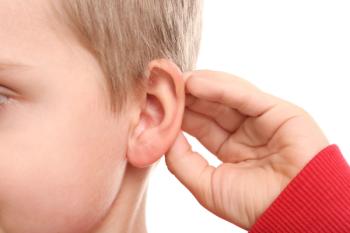
Children younger than five years old may have an increased risk for hearing loss from cisplatin-based therapies compared with older children, highlighting the potential need for more consistent monitoring for hearing loss in children with cancer.

The tome also reflects on his own diagnosis of cancer and how it influenced his practice.

Khloe’s story is as unique as the rare neuroendocrine (NET) cancer she was diagnosed with in 2018. The medical team spanned three states including a NET specialist in pediatrics. Part 1 of this series introduces you to Khloe, her family and the beginning of a challenging journey.

A retired special education teacher reflects on a pediatric oncology nurse practitioner who helped her teach children with neurocognitive issues impacted by cancer and its treatments.
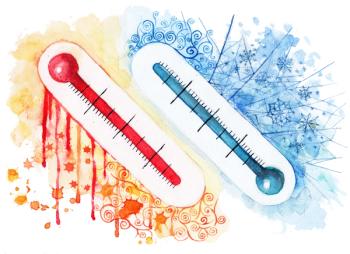
Heating chemotherapy and administering it into the abdominal cavity allows children with desmoplastic small round cell tumors to be treated with minimal side effects.

Children with cancer who carry the specific genetic variant may be at a three times increased risk of developing cisplatin-induced hearing loss compared to those who do not.

From a 6-year-old cancer survivor visiting all 50 states to give wagons to pediatric patients to Kathy Griffin taking an honest look at cancer and opioid addiction, here’s what’s happening in the cancer space this week.

Experts from the St. Jude’s Children’s Research Hospital advise young-adult childhood cancer survivors to increase their physical activity levels, eat well and stay socially active to reduce their risk of becoming frail and prevent cognitive decline.
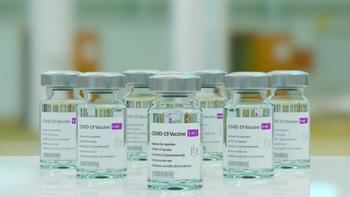
Recent CDC recommendations that children ages 12 to 15 are eligible to receive the Pfizer COVID-19 vaccine can include patients with cancer, except under certain extreme circumstances, says an expert from St. Jude Children’s Research Hospital.
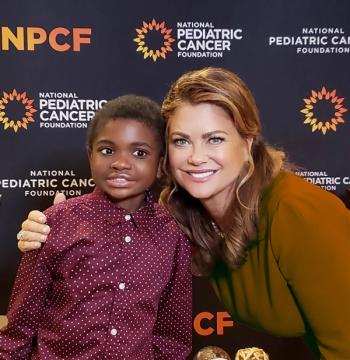
In an interview with CURE®, Ireland shared details on how to get involved in the "43 challenge" and offered some advice to families who may find themselves impacted by pediatric cancer.

From President Biden convening a bipartisan meeting to discuss cancer treatments and research to a 5-year-old patient with hepatoblastoma asking for donations to a local food bank instead of presents for her birthday, here’s what’s happening in the cancer space this week.

From a Pennsylvania-based nonprofit taking advantage of recent blizzards to help local families in need to the creation of a “Cancer Bill of Rights”, here’s what’s happening in the cancer landscape this week.
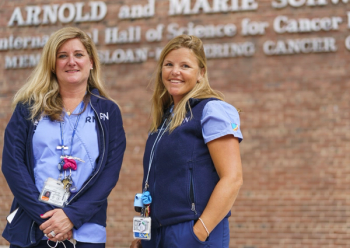
Working in the pediatric oncology field requires a special touch, one full of compassion and selflessness. Traits that oncology nurses have in spades.

The RACE for Children Act will create more clinical trial options for young patients with cancer and, ultimately, more pediatric oncology drugs.

The dependent coverage provision in the Affordable Care Act has helped adolescent and young adult patients with cancer stay on health insurance longer than those who had cancer before the ACA was signed into law.
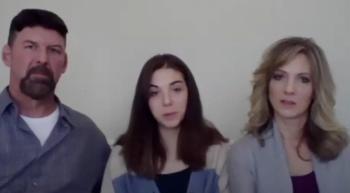
In an interview with CURE®, Emily Whitehead details her journey as a pediatric cancer survivor and how you won’t be able to predict it.
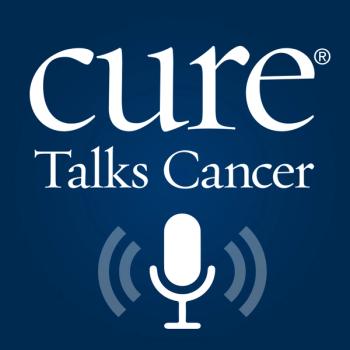
On this week’s episode of the “CURE® Talks Cancer” podcast, pediatric cancer patient Jelena and mom Andrea join us to talk about what it was like facing cancer and a pandemic at the same time, and how they were excited to partner with St. Baldrick’s to raise money for pediatric cancer research.